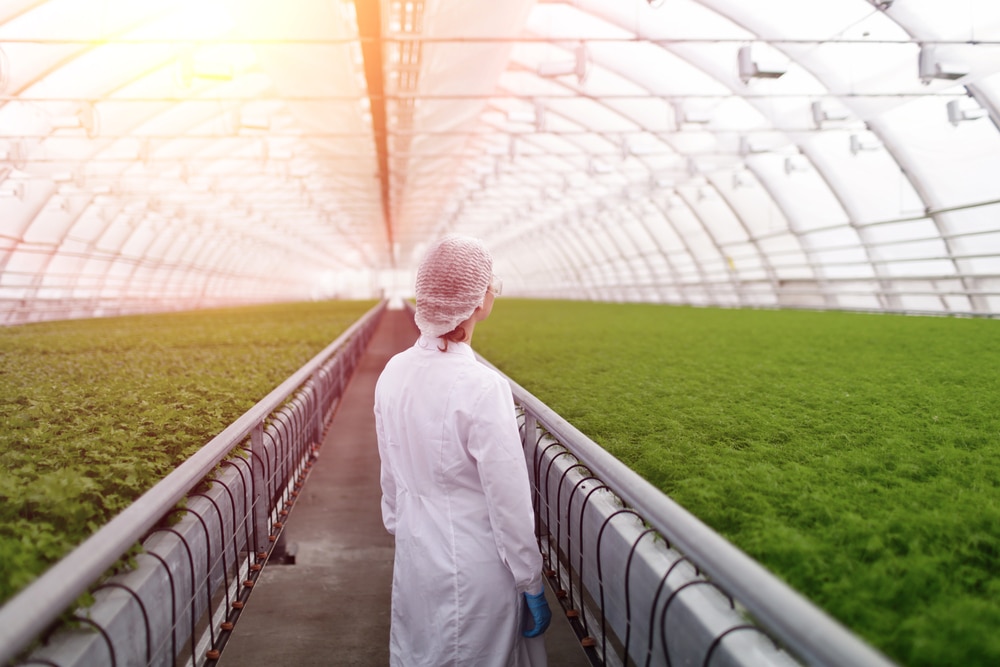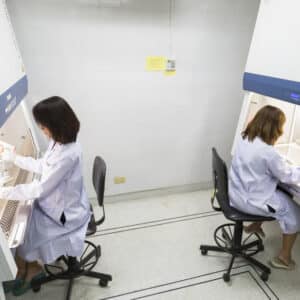From Ireland’s booming agricultural and agri-food and drink sector to the myriad of related industries and support skills around it, there are significant employment prospects in this growing area.
Agriculture forms a massive part of the Irish economy and is a consistent and significant contributor to economic growth. 200 countries worldwide (approximately) import food and drink produce from Ireland. 2015 data shows that the agriculture and agri-food sector in general accounted for over 8% of total jobs in Ireland, with the value of exports in the agri-food sector accounting for a total output close to €26 billion, which represents approximately 25% of all manufacturing in the country. Due to it’s strong regional nature, in contrast other industries, the contribution of this sector to the economy is all the more significant and it’s a sector which is considerably vulnerable to any possible effects of Brexit.
Traditional Industry
Despite the scale of industry itself, agricultural production in Ireland remains predominantly family oriented on family-owned farms, of which there are close to 150,000. The size of the average farm is close to 20 hectares. Pasture farming is the most common, due mostly to the Irish climate, which allows good grass growing for up to ten months of the year. The beef and dairy sector accounts for for over 66% of Irish agricultural output, with the country remaining one of the world’s fastest growing producers and exporters of dairy, and dairy related, produce. For example, Ireland produces 10% of the world’s infant formula and is in the top five of beef exporting countries in the northern hemisphere. In terms of the broader food and drink industry, 50% of all global cream liqueur is produced in Ireland while Irish whiskey is said to be the fastest growing spirit category in the world.
Job Opportunities
In terms of job opportunities, the Irish agriculture and food and drink industry supports up to a quarter of a million jobs both domestically and internationally. The job opportunities within the industry cover everything from science, research, food science, quality control, product development, health and safety, marketing, logistics and many many more.
Future Plans
The agriculture sector is amongst the most well run in the country, with the vision for the sector revisited every five years in a series of ten year plans. The current plan is Food Wise 2025 which was published in 2015. These ten year plans a derived from a consultative process involving industry stakeholders, farmers and food producers, food processors, agricultural representative bodies, researchers and government agencies and others. The plan is drafted with identified growth targets that the contributors to the plan believe are realistic and achievable, and each plan also identifies key obstacles and limitations to the industry that need to be overcome. For example, the 2025 report focuses on increasing the value of Irish exports by an ambitious 85% to €19 billion. It also calls for a 65% increase in production and a 70% increase in the sectors contribution to the economy, which would bring it to over €13 billion.
Career Paths
For those interested in careers in the area of sustainability in the agricultural sector, it is worth noting that Ireland is the first country in the world to implement a national sustainability programme for the agriculture and food sector. Named Origin Green, this is a government, private sector and producer driven initiative to make Ireland’s agri-food sector the world’s most sustainable. In terms of career development, the input into this sector from other sectors is particularly compelling, with innovation and technological solutions widely funded and encouraged if they have the capabilities to deliver for the sector and solve any problems facing those working within the sector. For example, the national genomic programme aims to remove emissions within the beef industry by improving the genetic merit of the national beef stock. Also, in terms of traceability, Ireland has proven to be a world leader in terms of providing user peace-of-mind and producer access to market by implementing a stringent farm to plate traceability protocol. By doing this, producers are attractive partners to larger retail outlets who are under pressure from customers to provide the most transparent traceability protocols.
Animal Care
In terms of animal care, which is an integral part of the agriculture industry and related industries, about 3,000 are employed in Ireland in the area of veterinary, veterinary nursing and veterinary science, with the vast majority holding a relevant third level qualification in the sector. As of the 2017, there are approximately 2,600 vets registered in Ireland with over 850 veterinary nurses. Outside the agriculture animal care sector, there are 6 national parks throughout the country where rangers provide monitoring and welfare programmes for wildlife. There is also Bord Iascaigh Mhara, which monitors fish stocks and fisheries. With sustainability an ever more prevalent concern for business, there are sure to be more employment opportunities developing relevant to this sector.












Yes I am interested about this course.